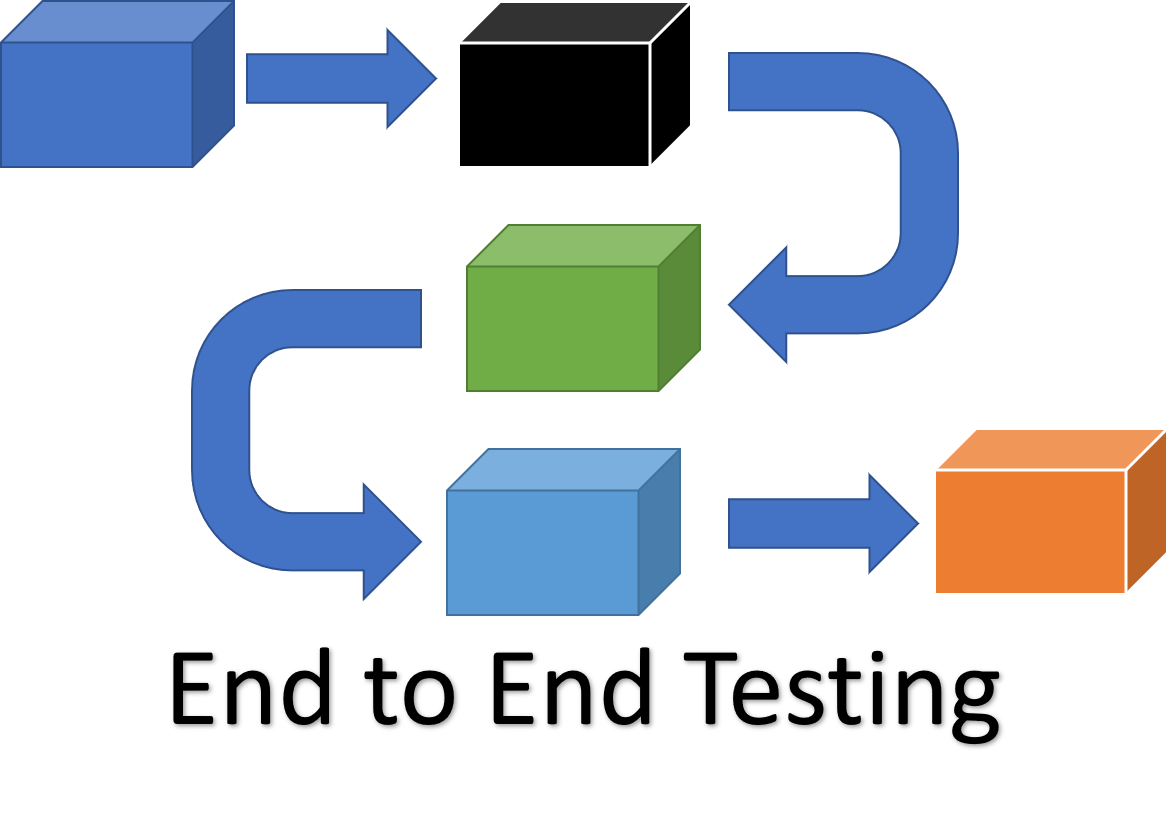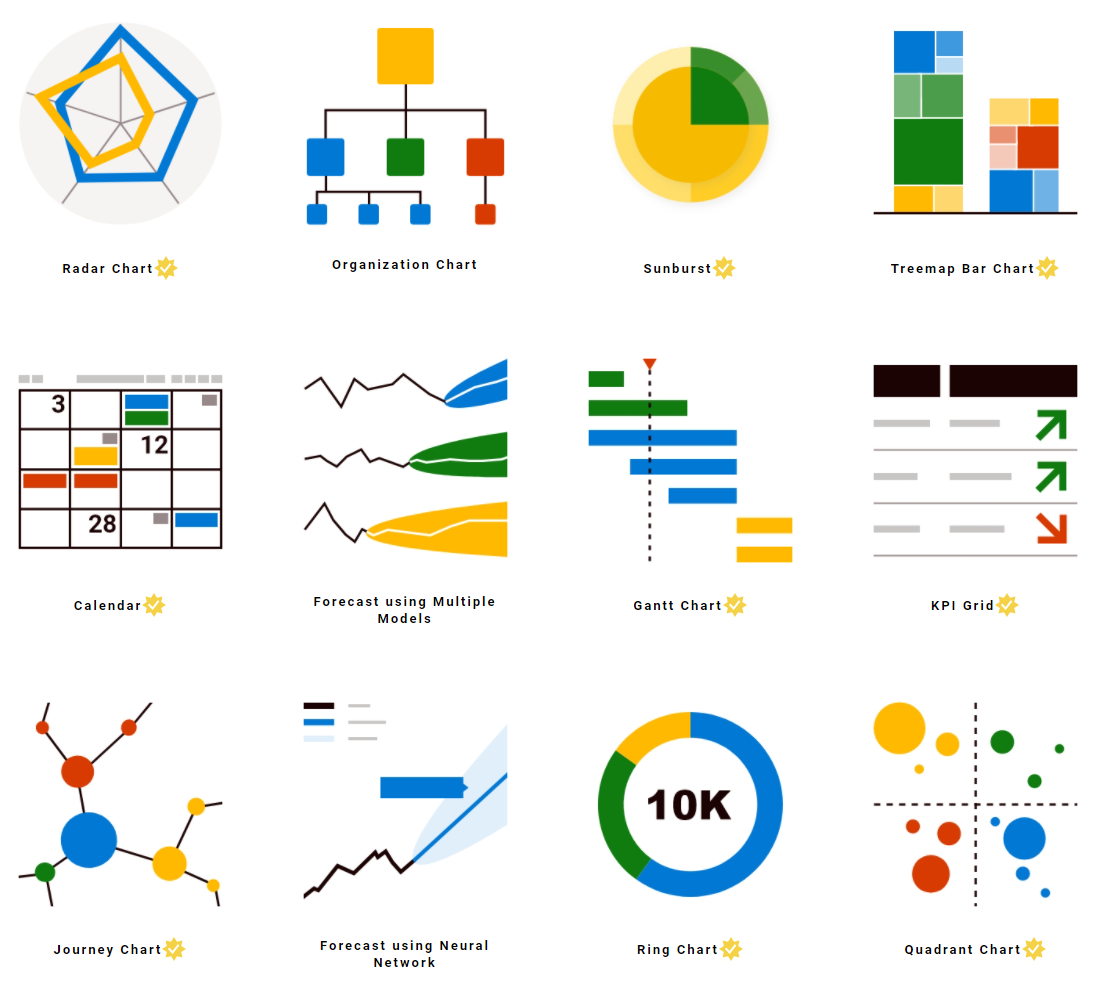Data is the key constituent of any business and this is especially important for businesses and organization in this digital era. Thus, efficient management and storage of data are the crucial factors that play a huge role in decision-making, operations, and innovation.
This is the point where database and database system comes into the picture. Understanding them means you can leverage the power of data effectively. So, in this guide we will dive deep into the details of how databases and database systems are different, what roles they play, and see the comparison between a data warehouse and a database management system.
What is a Database?
A database is an organized collection of data that allows users to store, retrieve, manage, and manipulate information efficiently. Unlike traditional storage methods such as paper records or simple spreadsheets, databases use structured formats to ensure data integrity, consistency, and security.
Databases can be classified into various types, including:
- Relational Databases (RDBMS)
Store data in tables with relationships e.g., MySQL, PostgreSQL, SQL Server.
- NoSQL Databases
Handle unstructured or semi-structured data e.g., MongoDB, Cassandra, Redis.
- Hierarchical Databases
Use a tree-like structure e.g., IBM Information Management System.
- Object-Oriented Databases
Store data as objects, similar to object-oriented programming.
What is a Database System?
A database system comprises the database itself along with the software and hardware that manage and interact with the database. It provides users with tools to perform operations such as data insertion, retrieval, updates, and deletion efficiently.
A database system typically includes:
- Database Management System (DBMS)
Software that facilitates data management.
- Database Engine
The core service for storing and retrieving data.
- Query Processor
Helps execute queries and retrieve data.
- Security Mechanisms
Ensures data confidentiality, integrity, and availability.
The importance of a database system lies in its ability to handle large amounts of data efficiently while ensuring security and consistency.
Database and File System: Key Differences

- Data Organization
A file system is a method used for organizing and managing files on a disk. Though it provides a basic foundation for the data storage, it doesn’t have many advanced features that are found in database system.
One of the key differences lies in data organization, file systems typically store data in an unstructured or semi-structured manner, whereas database systems maintain structured data with well-defined relationships, ensuring better data management.
- Data Integrity
Data integrity is a huge matter when comparing the two. Where file system provide very minimal control over data integrity, database system enforces strict integrity constraints. Thus, file systems can show inconsistencies or errors in data but database keeps the data accurate and reliable.
- Security
Security is another area where database systems outperform traditional file storage methods. File systems generally offer only basic protection measures, such as user permissions, whereas database systems implement advanced security mechanisms, including encryption and access control, to protect sensitive data.
- Scalability
When it comes to scalability, file systems have significant limitations, making it difficult to manage large-scale data efficiently. Database systems, however, are highly scalable, allowing organizations to handle increasing amounts of data without performance issues.
- Data Retrieval Speed
Finally, data retrieval speed differs greatly between the two systems. File systems can become sluggish when dealing with large datasets, as they do not have optimized search and retrieval mechanisms. In contrast, database systems use indexing and query optimization techniques, ensuring faster and more efficient data access.
Database and Management System: The Role of DBMS
A Database Management System (DBMS) is software that enables users to create, manage, and interact with databases. It acts as an interface between the database and users or applications, ensuring efficient data handling.
Key Functions of a DBMS
- Data Definition: Allows users to define database structures (tables, relationships, schemas).
- Data Manipulation: Facilitates CRUD operations (Create, Read, Update, Delete).
- Transaction Management: Ensures data consistency through ACID (Atomicity, Consistency, Isolation, Durability) properties.
- Access Control: Restricts unauthorized access and enforces security policies.
- Backup and Recovery: Protects against data loss by maintaining regular backups.
Popular DBMS software includes:
- MySQL
- PostgreSQL
- Oracle DB
- Microsoft SQL Server
- MongoDB (NoSQL)
Difference Between Data Warehouse and Database Management System
A Data Warehouse (DW) and a Database Management System (DBMS) are often confused, but they serve distinct purposes. While a DBMS focuses on transactional operations, a data warehouse is optimized for analytical processing.
Key Differences
| Feature | Database Management System (DBMS) | Data Warehouse (DW) |
| Purpose | Manages daily transactional operations | Stores historical data for analysis |
| Data type | Operational data (real-time) | Aggregated data (historical) |
| Query type | Short, frequent queries | Complex, analytical queries |
| Performance | Optimized for CRUD operations | Optimized for reporting and analytics |
| Structure | Normalized data (reduces redundancy) | Denormalized data (improves query speed) |
A data warehouse is used for business intelligence and decision-making, whereas a DBMS is used for operational data management.
Conclusion
Understanding database and database system concepts is crucial for businesses and IT professionals. A database organizes and stores data, while a database system provides tools and software to manage it efficiently. Thus, databases offer superior data integrity, security, and scalability compared to file systems.
A database management system ensures smooth database operations, while a data warehouse is used for analytical purposes. Recognizing the difference between data warehouse and database management system helps organizations make informed decisions about data storage and processing.
We hope this article was helpful for you in understanding database and database system, but still if you have any query feel free to reach out. We are here for you with out database consulting services.





